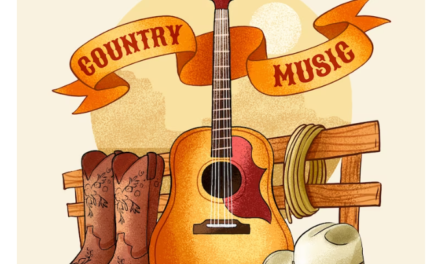The social embroidery of Kerala, a pleasant state in southern India, is woven with lively strings of music that mirror its rich legacy and customs. As diverse and captivating as the landscapes of the region are the melodies of Kerala music. The music echoes the rhythm of the land and its people, from tranquil backwaters to lush hills. In this article, we dive into the special instruments and flourishing music groups that have formed the soundscape of Kerala.
Kerala Musical Instruments: A Symphony of Tradition
Kerala is home to a wide variety of traditional musical instruments, each of which lends a unique voice to the diverse collection of melodies. The absolute most essential instruments include:
1. Chenda:
The chenda, a cylindrical percussion instrument made of jackfruit wood and leather, plays an important part in the temple festivals and cultural events that take place in Kerala. Its profound, musical tones add a glorious air to parades and customs.
2. Mridangam:
Like the tabla, the mridangam is a twofold-sided drum played with the hands. It has been a vital component of Carnatic traditional music shows, giving a cadenced establishment and improving the melodic exhibitions.
3. Violin:
The violin’s presence in Kerala’s melodic scene can be ascribed to the impact of Carnatic music. This adaptable instrument has been used in a wide range of styles, enhancing both traditional and modern compositions.
4. Flute:
In Kerala’s traditional music, the flute’s soulful melodies have a special place. Whether going with old-style exhibitions or loaning its smooth tones to society tunes, the flute’s captivating sound reverberates profoundly.
5. Idakka:
This hourglass-molded drum is frequently connected with sanctuary ceremonies and conventional exhibitions. The distinctive sound of the idakka can elicit feelings of devotion and spirituality.
Music Bands in Kerala: Bridging Tradition and Modernity
The music scene in Kerala has seen a wonderful change throughout the long term, leading to various music groups that mix customary components with current styles. These groups go about as social courses, directing the substance of Kerala’s legacy into contemporary pieces. The following are a couple of remarkable music groups:
Thaikkudam Scaffold:
Haikkudam Bridge, a sensation in the Indian music industry, seamlessly blends rock, classical, and folk styles. Their exhibitions are described by enthusiastic courses of action and varied instrumentation.
Masala Coffee:
Known for its special interpretation of covers and unique creations, Masala Espresso integrates a combination of Indian and Western sounds. Their music resounds with the young while holding areas of strength for conventional songs.
Avial:
Avial spearheaded the idea of “elective Malayalam rock,” mixing awesome music with Malayalam verses. Their music frequently addresses socio-cultural issues and combines modernity and nostalgia.
Agam:
Joining Carnatic music with moderate stone, Agam creates many-sided structures that charm audience members with their intricacy and close-to-home profundity. Their music is an investigation of social limits.
Job Kurian:
Job Kurian’s solo music frequently references Kerala’s folk and classical roots. His deep interpretations and unique composition offer a thoughtful encounter that resounds with a wide crowd.
CONCLUSION
Kerala’s musical heritage is an impression of its different social embroidery. The conventional instruments summon a feeling of sentimentality and otherworldliness, while the cutting-edge music groups overcome any barrier between the old and the new, making a dynamic soundscape that requests crowds across ages. Kerala’s rhythmic melodies continue to evolve, adapting to changing times while preserving the essence of the rich cultural identity of the region.





